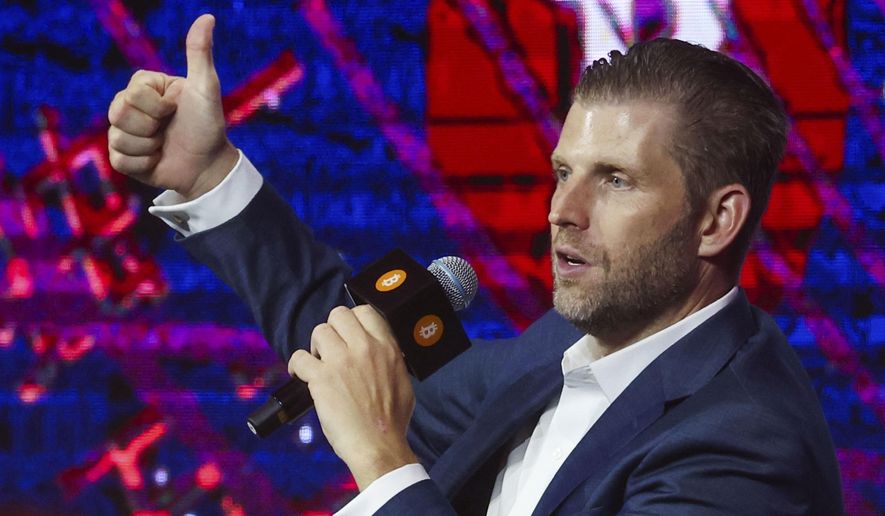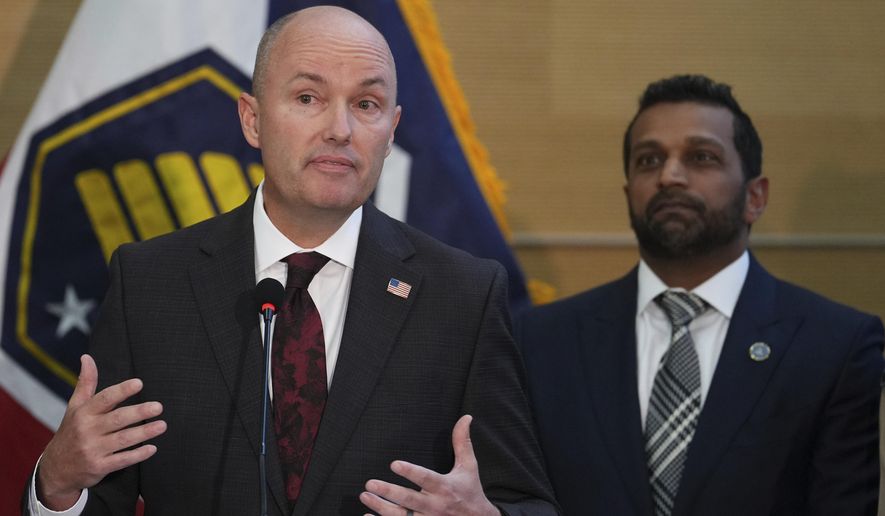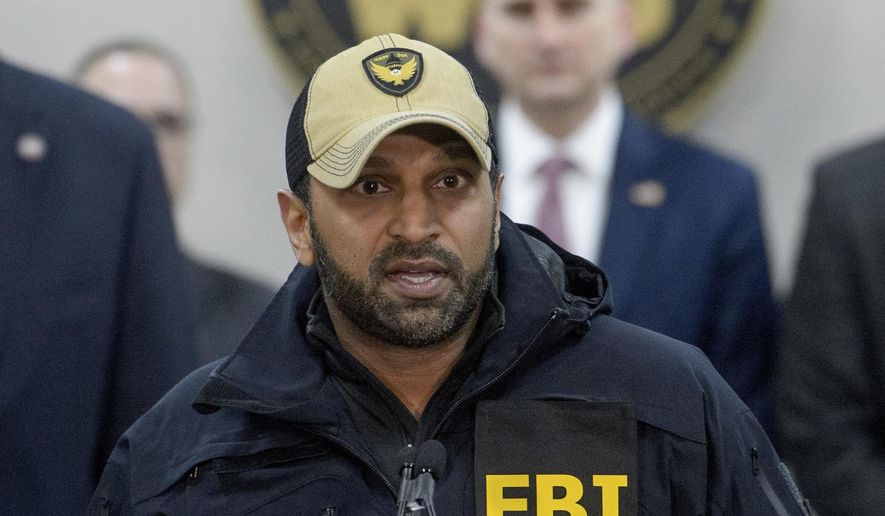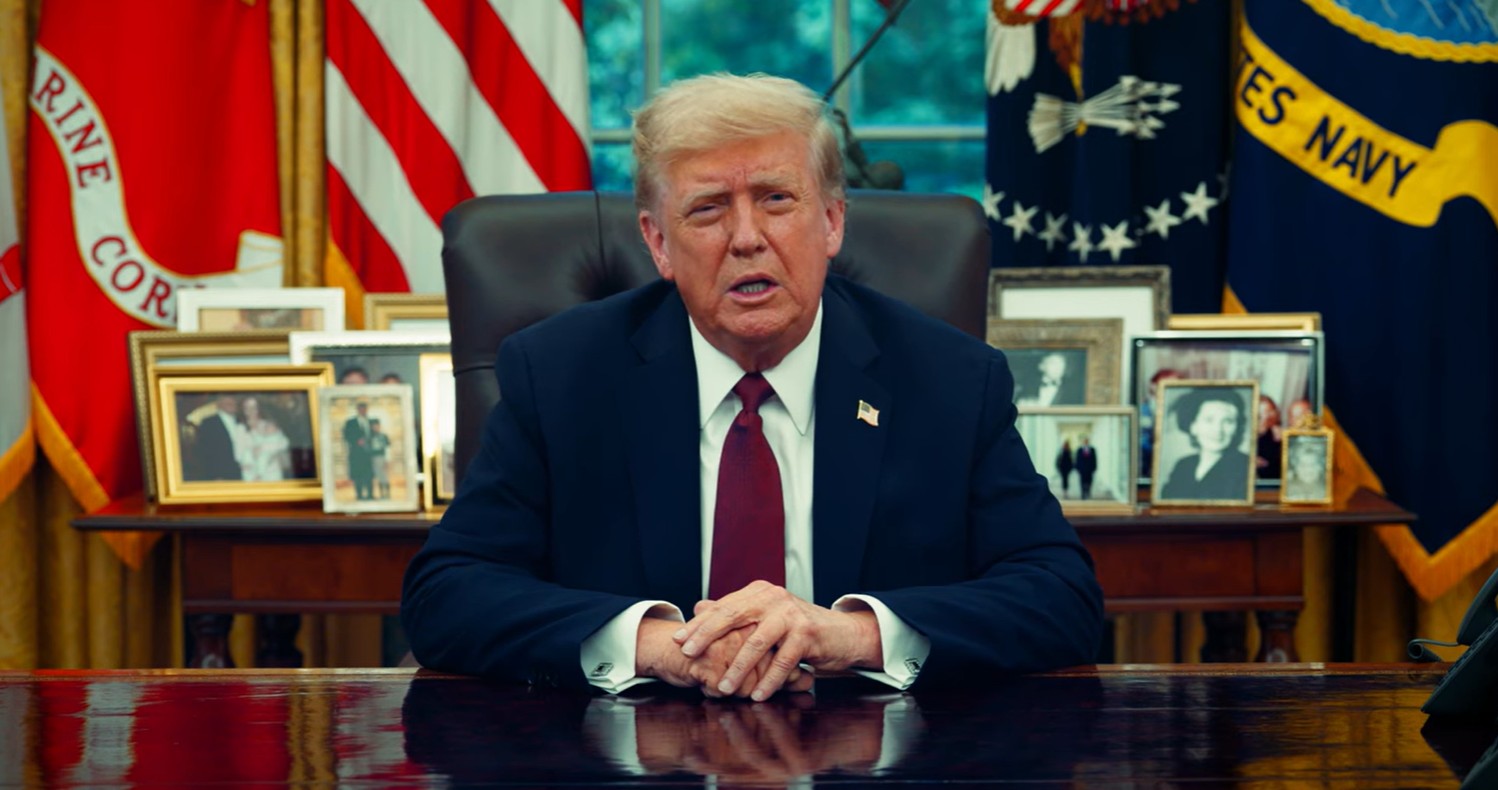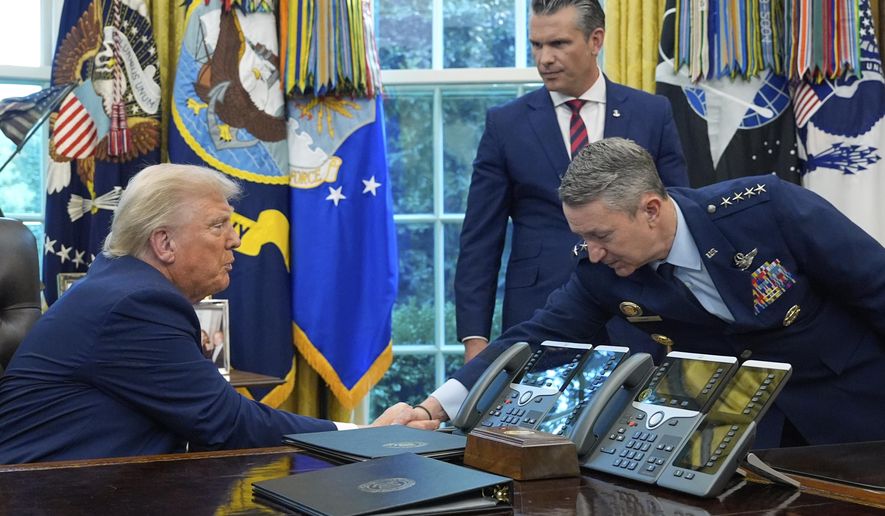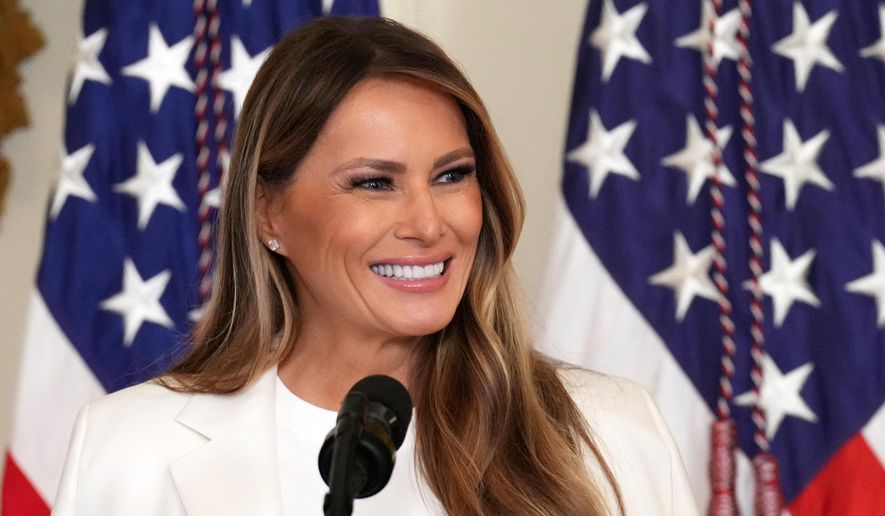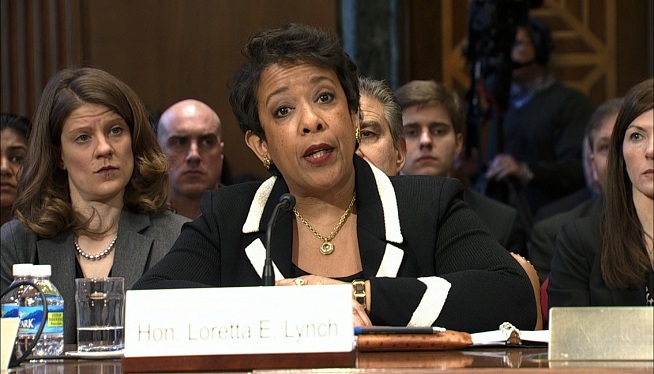
Attorney General Loretta Lynch said Wednesday that law enforcement’s “mission to protect public safety” is threatened by ongoing legal disputes over whether tech companies are required to assist government investigators in breaking into the encrypted communications of their customers.
Lynch, testifying on the Justice Department’s budget request before the House Appropriations Committee, also dismissed concerns raised by one lawmaker about her ability to independently oversee the FBI investigation into the handling of classified information in a private server used by Democratic presidential candidate Hillary Clinton during the time Clinton served as secretary of state.
And she agreed with Republican questioners at the hearing that current law prohibits the Justice Department from assisting in any transfer to the U.S. of prisoners from the military prison at Guantanamo Bay, Cuba.
In her testimony Wednesday, Lynch didn’t mention Apple or the legal fight over a judge’s order that the company help the FBI break into an iPhone used by one of the terrorists who carried out the San Bernardino attack.
But she noted the issue of suspects under investigation “going dark” was no longer “a theoretical issue.”
Apple says it plans to challenge the court order in the San Bernardino case. And in court filings in a separate case in Brooklyn, lawyers for the government and Apple cited as many as a dozen cases now part of their broader dispute.
Apple’s attorneys say the government’s use of the 1789 All Writs Act to require Apple’s help exceeds the authority of the law and the company says the Obama administration should seek congressional approval of a new law to deal with the issue.
“It’s a long-standing principle in our justice system that if an independent judge finds reason to believe that a certain item contains evidence of a crime, then that judge can authorize the government to conduct a limited search for that evidence,” Lynch told lawmakers.
“And if the government needs the assistance of third parties to ensure that search is actually conducted, judges all over the country and on the Supreme Court have said that those parties must assist if it is reasonably within their power to do so,” she said.
The hearing also included what amounted to a kabuki dance between one lawmaker and Lynch over whether the attorney general could independently oversee the Clinton emails investigation amid the political partisan atmosphere of an election year.
Texas Rep. John Carter played the role of disinterested party who was simply passing on a question from the American public. Lynch, a Democratic cabinet member, pretended to not know that she was being asked whether she is biased and unable to oversee the investigation.
Lynch said the investigation is being handled by “career independent law enforcement agents and career independent attorneys.”
She said they will “follow the evidence, look at the law” and provide a recommendation which she will review.
“This will be conducted as every other case,” she said, adding that the Justice Department will “come to an independent conclusion.”
“I know of no efforts to undermine the review,” Lynch added.
The-CNN-Wire ™ & © 2016 Cable News Network, Inc., a Time Warner Company. All rights reserved.







